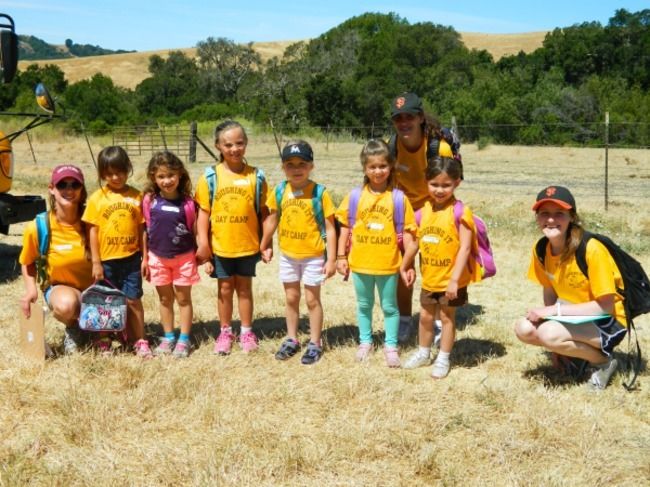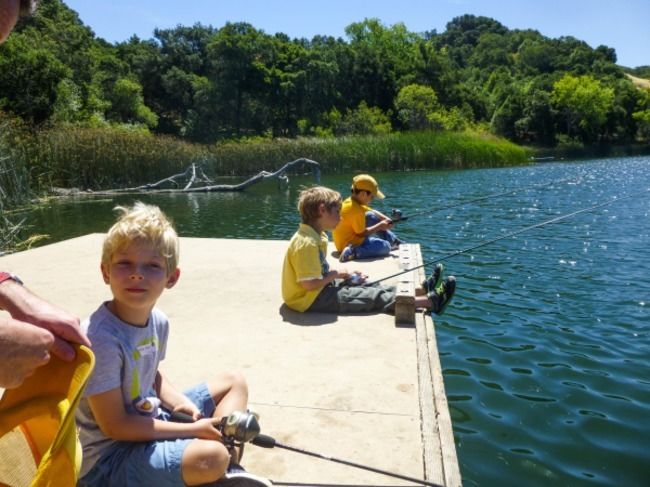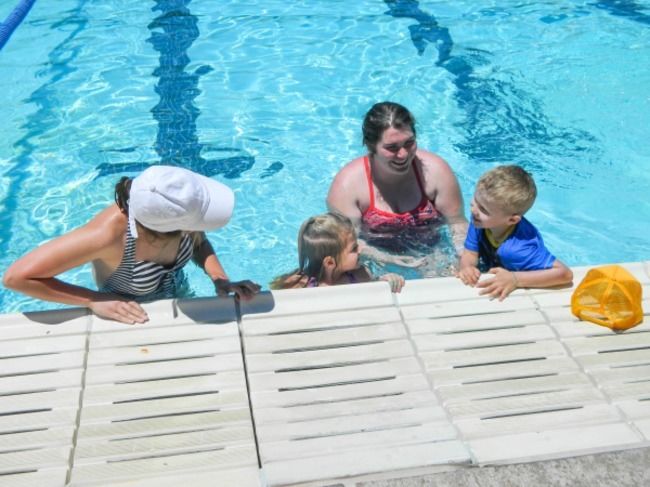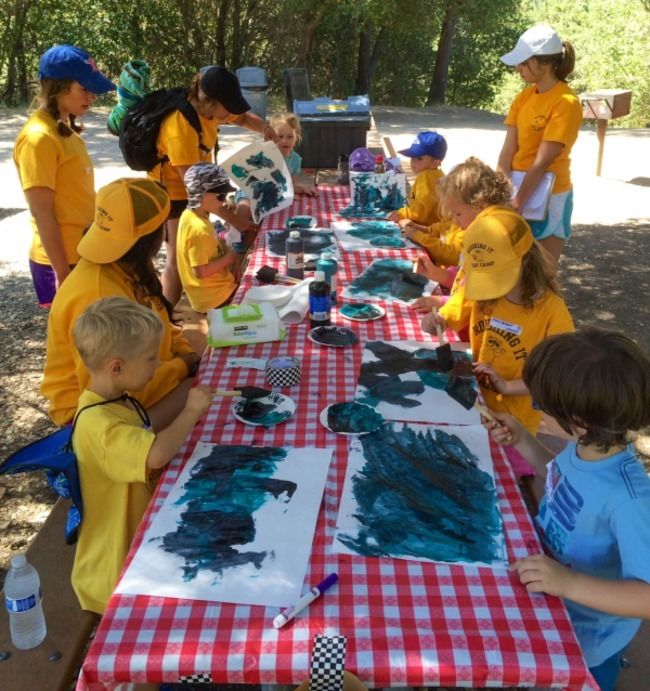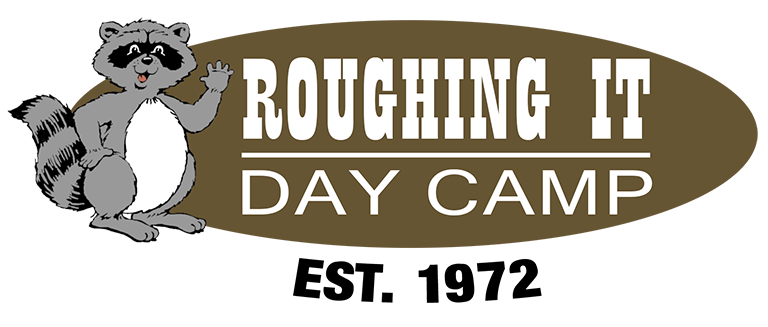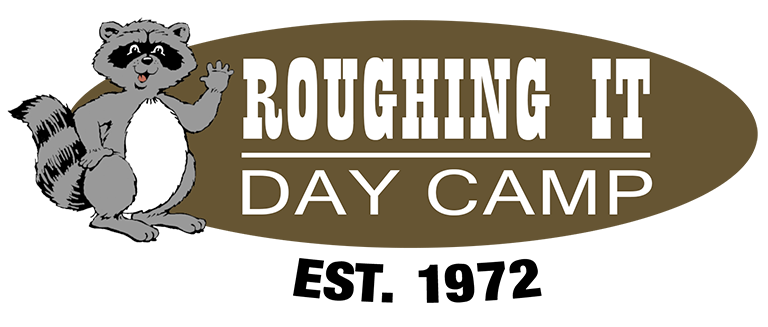Everything You and Your Camper Need to Know About Preparing For Camp in 5 Easy Steps
Summer is almost here and for many families this means summer camp will soon be starting. This can be exciting, and it’s normal for children and parents to feel nervous about going to camp for the first time. Here are some ways to help prepare you and your child for going to camp and make the transition easier:
- Watch & View. Go to the camp’s website and read through their typical daily schedule, read their parent section, and watch their camp video. Camp videos often provide a glimpsed into daily camp life. You and your child can see what the facility and grounds look like, see the different activities the camp offers, and get a taste for the camp culture.
- Visit the Camp. Attend a camp open house or other special day when they allow new and prospective campers to visit. Visiting will help familiarize you and your child with the camp. If an Open House is not available, ask if you can set up a time to bring your child by to see the camp. Bring your child with you to meet with the camp Directors and staff. While there, ask about the daily activities the camp provides, ask to see a daily schedule, and talk with the camp staff. It is also a great idea to ask to meet your child’s counselor and to meet other campers.
- Take a Camp Tour. A camp tour provides parents and children with a full vision of what the camp offers. Seeing how the camp is laid out will assist you in envisioning how the camp is run. Many camps provide camp tours before camp has started as well as when camp is in session. Set up a time to meet the camp’s Directors, talk with them, and have your questions answered.
- Tips for Younger Campers. To assist younger campers with feeling comfortable and confident about the start of camp check out some books about camp from your local library.
- The Bernstein Bears Go To Camp- By Stan and Jan Berenstain (Age 3-6). This is a great story about going to camp for the first time.
- Froggy Goes to Camp- By Jonathan London (Age 3-6). A zany story of Froggy as he prepares for his time at summer camp.
- The Fabulous Bouncing Chowder- By Peter Brown (4-8). A touching story about the pitfals of conformity and the value of individuality and how camp can help anyone be comfortable to be who they are.
- Wolf Camp- By Katie Mcky (Agees 4-8). A Story of how camp can change kids for the better.
- Cowboy Camp- By Tammi Saur (Ages 5-7) Follow the antics of the anti cowboy who finds out along with his other campers that it is okay to be himself.
Reading positive stories about going to camp will help your child imagine their special time at camp and get them excited to attend.
5. Tips for Older Campers. Include your older child as you research and review camps. Have them watch camp videos and read camp webpages. Specifically, have them look at and read through the information a camp provides about their daily activities. You can also have your child speak with other campers who have already attended camp. Books for older campers to read to help them get into the right mindset for camp:
- Runaway Ralph- By Beverly Cleary (Ages 8-11). Although Ralph only ends up at a camp for a short time, the story embraces the key values of camp: friendship, adventure, and loyalty.
- Holes- By Louis Sachar (Ages 7-12). A Newberry award winner, is all about building character.
- How Tia Lola Saved the Summer- By Julia Alvarez (Ages 8-12). A different take on what it means to attend “Camp” and assists in helping one girl understand the new meaning to “la familia.”
- Sleepaway Girls- By Jen Calonita (Ages 11-and up). About the exciting possibilities and experiences to be had at summer camp.
- Jersey Tomatoes Are the Best- By Maria Padian (Ages 12 and up). A good sports novel that appeals to girls. A terrific read about the pressure to excel and the importance of friendship.
Small Steps for Big Gains.
There are many steps you can take to familiarize you and your child with your camp that will help make going to camp for the first time a positive experience. Preparing for camp and attending camp offers children a variety of low consequence situations for them to learn the life skills they will need as adults to lead productive and successful lives. Knowing how to gain knowledge and understanding of an unknown environment, navigating uncomfortable social situations, how to make new friends, meet new people and work as part of a group will serve your child well into their adult years. The life skills your child will learn at camp will help prepare them for the rest of their lives. Feeling prepared for camp will help you and your child enjoy your camp experience.
